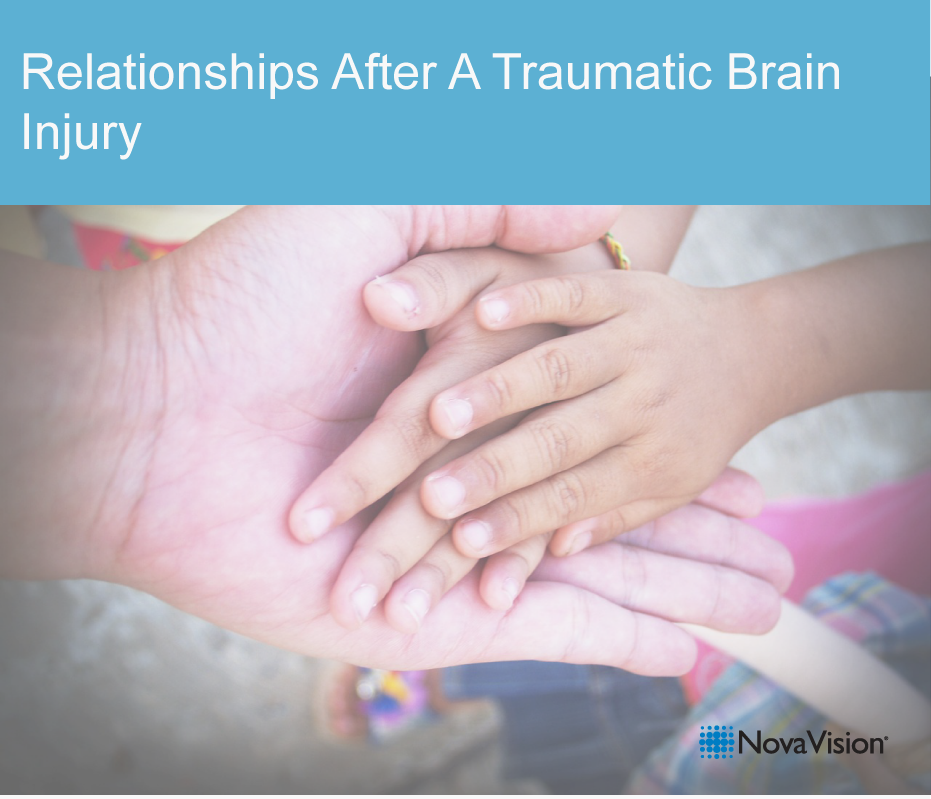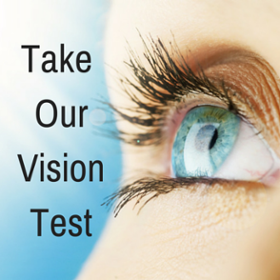
A stroke or other brain injury can have a significant impact on how the individual feels, on how they express their emotions and interact with the people around them. The most common emotional problems that are experienced after a stroke or other brain injury are depression, anxiety and confusion. As a result it is important to create an environment that is both positive and healthy to assist with a person’s emotional and physical recovery.As a family member or friend of a stroke or brain injury survivor, it is important to be aware these emotional changes will likely occur and learn new ways to adapt. When survivors are faced with day-to-day challenges, it helps to be surrounded with loving and positive people who will offer a helping hand or simply listen to them.
An article from brainline.org describes how “Some survivors can find themselves feeling alone even when they spend much of their time with family members or friends.” Here are some of the statements in the article that people said about their relationships after their brain injury:
- I can’t relate to other people. It’s easier to be by myself.
- What happened to all the friends who came to visit me in the hospital?
- Other people don’t want to be around me.
- People seem to avoid me.
- My wife threatens to leave me at least twice a week.
- I wonder why no one returns my calls.
- It seems like everyone at work has lost my phone number.
- I haven’t talked to anyone in weeks.
- Nobody cares about me.
- I don’t have any friends.
- Seems like nobody wants to talk to me.
- Nobody has any idea what I am going through. They don’t understand me.
It may be disheartening for a loved one to hear this, but knowing the reasons why they may feel lonely after their brain injury can help to understand how to help them and make them feel more at ease. The article specifically mentions:
- Communication problems can make relating to other people and explaining their thoughts and feelings very difficult. These problems can lead to their feeling misunderstood and isolated.
- Some survivors try to stay away from those they care about for fear of behaving poorly. Family and friends may also avoid them if they are worried about what they might say or do.
- Fatigue and low energy are common problems after brain injury. Survivors may not have the energy to do things they used to enjoy or to spend time with friends and family. Family and friends may also worry about tiring them out when they invite them to do something.
- Lack of transportation and money may make it harder to visit others or do things you enjoy.
The impact of a stroke or brain injury on the caregiver and their relationship with the brain injury survivor must also not be overlooked. There may be times for a caregiver to feel overwhelmed, stressed and emotionally disconnected, but if time is not taken to rest and take care of one-self then it can make taking care of a loved one more challenging. A very interesting and useful article by Thomas Novack, PhD and Tamara Bushnik, PhD called “The Impact of a Recent TBI on Family Members and What They Can Do To Help With Recovery” includes valuable information for family members to help and guide them through helping their loved one through their recovery. You can download the article factsheet here
BrainLine also offers an inspiring story of what it takes to keep families together after a brain injury, you can watch the video here.
Whether you are a stroke or brain injury survivor, or a caregiver or loved one, we want you to know that you are not alone and that there are many resources out there available; below are just a few that may help you get the information you need:
- Brainline.org – Offers resources for preventing, treating, and living with brain injury
- TraumaticBrainInjury.com – An internet resource for education, advocacy, research and support for brain injury survivors, their families, and medical and rehabilitation professionals.
- Brain Injury Association of America – Brings awareness, research, treatment and education and to improve the quality of life for all individuals impacted by brain injury.
- The Society for Cognitive Rehabilitation– A nonprofit, multidisciplinary, organization committed to the advancement of cognitive rehabilitation therapy across the globe.
- Helpforvisionloss.com – Provides information and solutions for common vision problems after a brain injury.
Resources: http://www.brainline.org/content/2008/11/what-happens-relationships-after-brain-injury.html


